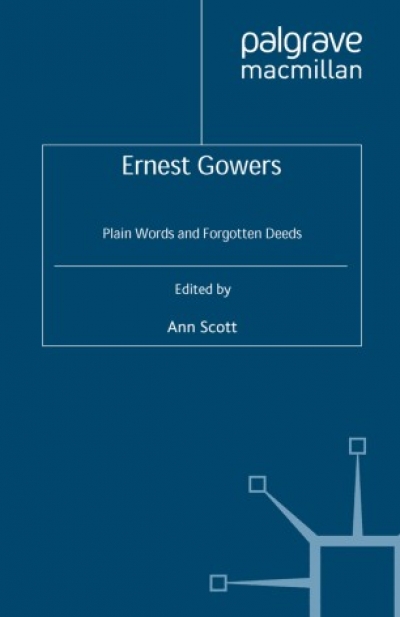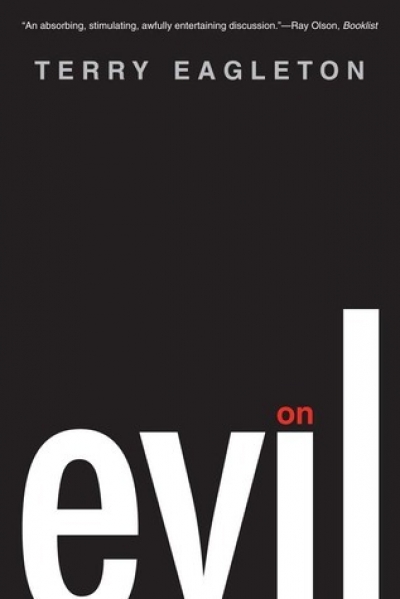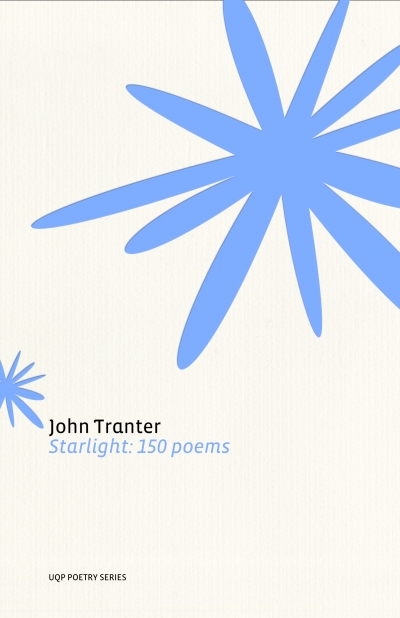Archive
Cruiser: The life and loss of HMAS Perth and her crew by Mike Carlton
by Geoffrey Blainey •
Inside Story: From ABC correspondent to Singapore prisoner #12988 by Peter Lloyd
by Murray Waldren •
Ernest Gowers: Plain words and forgotten deeds edited by Ann Scott
by Graeme Powell •
Grimsdon by Deborah Abela & Quillblade: Voyages of the Flying Dragon, Book One by Ben Chandler
by Kate Eltham •
Palestine Betrayed by Efraim Karsh & Gaza edited by Raimond Gaita
by Peter Rodgers •
Starlight: 150 Poems by John Tranter & The Salt Companion to John Tranter edited by edited by Rod Mengham
by Gig Ryan •
As when the governess
Clutched to her bosom the damp head of Miles,
Who squirmed, unseeing, frantic for a hint,
Not able yet to guess
What she appeared to see in the haunted pane
Besides the backlit sky: the shape of Quint
Trying to find his way past her denial’s
Hard stare, not quite in vain.










